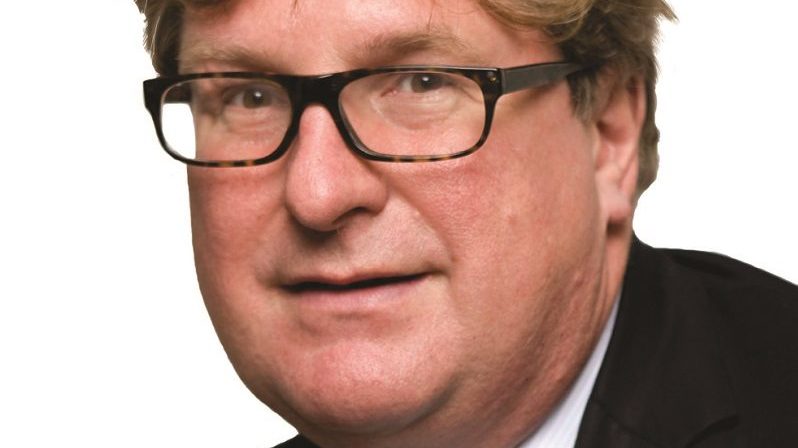Britain’s best-known hedge fund manager has made a killing during the coronavirus volatility, pocketing close to £100m on his shorts on Wirecard and Intu Properties which collapsed into administration in June.
Odey’s plans to sue German financial regulator stall
Speaking to Swiss publication Finanz and Wirtschaft, Odey touched on his ongoing battle with the German financial regulator over Wirecard. He had announced his intention to sue Bafin for £16bn of lost profits after it banned short-selling on the online payments firm early last year.
But he intimated to the Swiss paper that may be easier said than done.
Bafin has a clause in its constitution that it cannot be sued in Germany but only through the European courts. The German courts would have to agree to Bafin being trialled outside the country which Odey thinks is very unlikely.
“The paradox is that you can sue them for negligence but not in Germany,” he said. “When it comes to disclosure and discovery, a lot would come out to highlight that Bafin was sleeping for 10 or even 20 years. And Bafin’s defense that this wasn’t really a financial company but a technology company, is based on rather shaky foundations, as Olaf Scholz has also remarked.”
‘An element of Madoff in the system at Wirecard’
Odey began shorting Wirecard five years ago. He said his suspicions were aroused after the payments firm exaggerated the price it paid for a Mauritian-based Indian company, claiming to have bought the business for €340m when the seller, a private equity firm, only received €37m.
“So why would you exaggerate the price? The answer is simple. The extra €300m gave Wirecard the ability to show that for at least in one year €100m a year as profit so that they could say that they had bought a great business cheaply.”
Three years later he said the firm did the same thing again in another deal.“There was an element of Madoff in the system,” he reflected.
Comparing the two scandals he said Wirecard is “much worse”.
“With Madoff, almost nobody suffered a loss because anybody who made a profit out of Madoff was forced to pay back the profit. A lot of people thought they were rich thanks to Madoff but in fact, they weren’t.
“The Wirecard case is much worse. When the market cap of the company went down from €20bn to nearly zero, all the people owning the stock lose almost everything.”
‘Exceptionally painful to run a short book’
Odey also confessed to the paper it had become “exceptionally painful” to run a short book amid the current crisis.
“Running a delicate book feels like being in a small sailing boat in a force of gale,” Odey told the Swiss paper.
As central banks pump more money into the system, asset prices have been driven up and governments have started underwriting the financial system. This is why hedge funds are closing down every day and most managers have brought their shorts down, he said.
“We are in a world that is moving very quickly from being run by markets to being run by governments,” he said.
“The problem that one has running a balanced book is that if there is a shock like the pandemic, the world seems like it’s going to disappear, but after five minutes, the largest monetary policy action ever seen is introduced and the stock markets rocket back up powered by this massive liquidity.”










